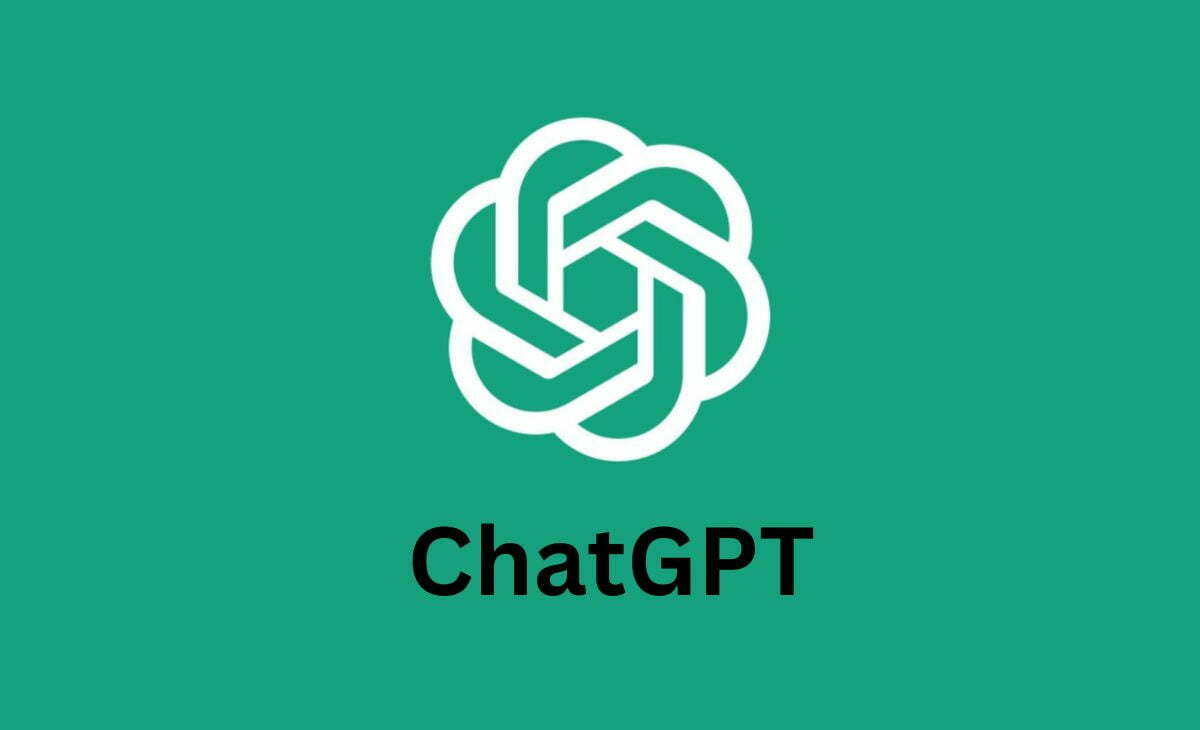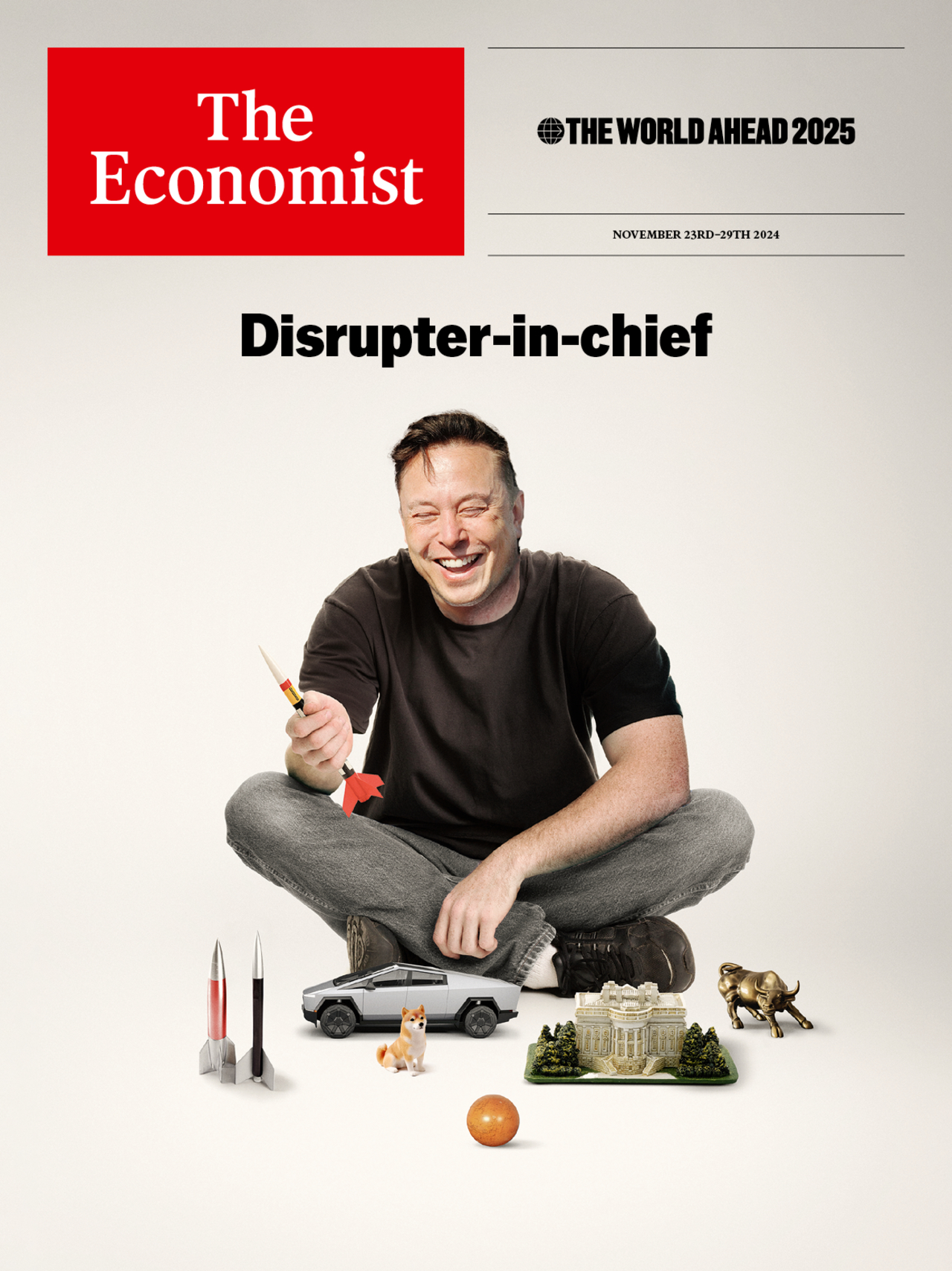
AI Firm OpenAI Stops Deceptive Influence Operations
 OpenAI, the company behind ChatGPT, has terminated accounts linked to several alleged foreign covert influence operations. The AI firm has identified and disrupted several online campaigns that leveraged its technology to manipulate public opinion around the globe.
OpenAI, the company behind ChatGPT, has terminated accounts linked to several alleged foreign covert influence operations. The AI firm has identified and disrupted several online campaigns that leveraged its technology to manipulate public opinion around the globe.
In the last three months, OpenAI has disrupted five covert influence operations that sought to use its models in support of deceptive activity across the internet. The bad actors used AI to generate comments for articles, create names and bios for social media accounts, and translate and proofread texts.
One operation called ‘Spamouflage’ used OpenAI to research social media and generate multilingual content across platforms like X, Medium, and Blogspot in an attempt to manipulate public opinion or influence political outcomes. It also used AI to debug code and manage databases and websites.
Another group called ‘Bad Grammar’ targeted Ukraine, Moldova, Baltic States, and the United States using OpenAI models to run Telegram bots and generate political comments. Additionally, an operation called ‘Doppelganger’ used AI models to generate comments in English, French, German, Italian, and Polish that were posted on X and 9GAG, also designed to manipulate public opinion.
OpenAI also mentioned a group called ‘International Union of Virtual Media’ that used the tech to generate long-form articles, headlines, and website content published on their linked website. OpenAI said it also disrupted a commercial company called STOIC, which used AI to generate articles and comments on social media platforms such as Instagram, Facebook, X, and websites associated with the operation.
The content posted by these various operations focused on a wide range of issues, including Russia’s invasion of Ukraine, the conflict in Gaza, the Indian elections, politics in Europe and the United States, and criticisms of the Chinese government by Chinese dissidents and foreign governments.
In other news, OpenAI has granted $250,000 to the IRC, a New York-based nonprofit that helps those affected by humanitarian crises, such as the war in Ukraine. The funds will go towards developing an education chatbot built on OpenAI technology to assist educators in crisis zones.
Called aprendIA, it is currently being piloted in places such as Bangladesh and Nigeria, the IRC said. A total of 224 million school-aged and pre-school aged children are affected by crises globally, in conflict and crisis settings, teachers lack resources to support children who face unique challenges.
Educators will be able to use aprendIA to create interactive and personalized teaching content adaptable to different humanitarian contexts.
 OpenAI also offers nonprofits discounts on its corporate ChatGPT product. Under the program, large nonprofits will be able to get 50% off the enterprise-grade version of ChatGPT. Smaller nonprofits using ChatGPT Team will pay $20 per month per user, instead of $25 or $30.
OpenAI also offers nonprofits discounts on its corporate ChatGPT product. Under the program, large nonprofits will be able to get 50% off the enterprise-grade version of ChatGPT. Smaller nonprofits using ChatGPT Team will pay $20 per month per user, instead of $25 or $30.
 In the energy sector, Electromagnetic Geoservices (EMGS) has entered into several agreements with Equinor and partners for fully pre-funded multi-client survey acquisitions in the Barents Sea. The combined contracts have a total value of approximately $3.4 million, EMGS said.
In the energy sector, Electromagnetic Geoservices (EMGS) has entered into several agreements with Equinor and partners for fully pre-funded multi-client survey acquisitions in the Barents Sea. The combined contracts have a total value of approximately $3.4 million, EMGS said.
The first of the fully prefunded surveys is expected to commence in the third quarter of 2024, upon the Atlantic Guardian’s return from Brazil.
 The Atlantic Guardian is a specialized vessel for cable laying, seabed mapping, and ROV survey. It was built in 2001 and received a major upgrade in 2014.
The Atlantic Guardian is a specialized vessel for cable laying, seabed mapping, and ROV survey. It was built in 2001 and received a major upgrade in 2014.
















